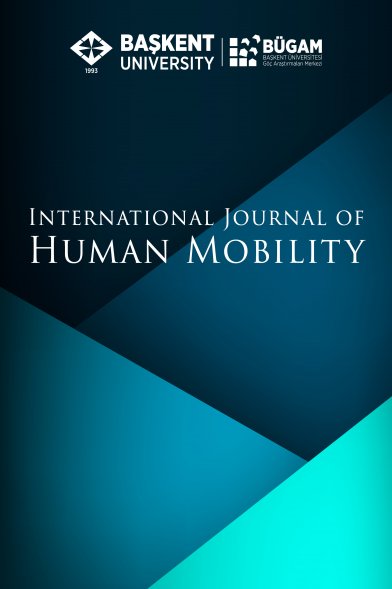Bir Göç Toplumu Olarak Almanya'da İslam Din Eğitimi Habermas'ın Postsekülerist Entegrasyon Çözümü
Almanya, uzunca bir süre bir “göç toplumu” olduğunu kabul etmedi. Ancak yakın zamanda göçmen işçilerin “misafir” statüsünden “kalıcı” bir konuma evrildiğini ve toplumun fiili olarak çokkültürlü bir göç toplumu haline geldiğini kabul etmek zorunda kaldı. Haliyle entegrasyon çalışmalarına başladı. Bunun için eğitim başta olmak üzere, kurumlar yeniden yapılandırıldı, din eğitimi konusunda yeni bir yaklaşım geliştirilmeye çalışıldı. Bu yeni yaklaşım aslında Habermas’ın teorik olarak geliştirdiği demokratik entegrasyon modeline (inclusion) oldukça yakındır. Bu modelinde Habermas, dinden postseküler toplumda demokratik sistemi güçlendirmek için nasıl yararlanılabileceğini sorguladı ve bu bağlamda dini sezgilerin seküler dile tercüme edilmesini talep etti. Almanya’da İslam’ın sisteme entegrasyonunda eğitim bağlamında fiili olarak yapılan şey tam da bu tercüme eylemidir. Almanya’da üçüncü büyük din haline gelen İslam, göçmen nüfusun kimlik bileşenleri içinde en öne çıkan unsur olması hasebiyle, yaratılan bir talep sonucu olarak, resmi müfredatlarda bir öğretim konusu oldu. Dolayısıyla Almanya, göçmenlerin dinini (İslam) dışlamak yerine sistemin içine alarak yeni bir entegrasyon modeli geliştirmeye çalışmaktadır. Bu makalede bunun teorik arka planında yatan Habermas’ın yaklaşımı tanıtılmakta ve bu yaklaşımla paralel giden Alman pedagojik pratiğinin, didaktik olarak İslam din dersi kitaplarında nasıl bir görünüm sergilediği tercüme eylemiyle gösterilmektedir.
Anahtar Kelimeler:
Göç, Göç Toplumu, Habermas, Postsekülerizm, Postseküler Toplum, İslam Din Eğitimi, Tercüme.
Islamic Religious Education in Germany As A Migration Society Habermas' Post-Secular Integration Solution
For a long time, Germany did not recognize that it was an "immigration society". However, Germany has recently been forced to recognize that migrant workers have evolved from "guest" to "permanent" status and that it has become a de facto multicultural immigration society. Consequently, it started integration efforts. For this purpose, institutions, especially education, were restructured, and a new approach to religious education was developed. This new approach is actually quite close to Habermas' theoretical model of democratic integration (inclusion). In this model, Habermas questioned how religion could be utilized to strengthen the democratic system in a post-secular society, and in this context, he called for the translation of religious insights into secular language. It is precisely this act of translation that is actually being done in the context of education in the integration of Islam into the system in Germany. Islam, which has become the third largest religion in Germany, has become a subject of teaching in official curricula as a result of a demand created by the fact that it is the most prominent element among the identity components of the immigrant population. Therefore, Germany is trying to develop a new integration model by including the religion of immigrants (Islam) into the system rather than excluding it. This article introduces Habermas' approach, which lies in the theoretical background of this and shows through the act of translation how the German pedagogical practice, which is in line with this approach, manifests itself didactically in Islamic religious textbooks.
Keywords:
Migration, Migration Society, Habermas, Post-Secularism, Post-Secular Society, Islamic Religious Education, Translation.,
- ISSN: E-ISSN | 2792-0461
- Başlangıç: 2021
- Yayıncı: Başkent Üniversitesi Göç Araştırmaları Merkezi
